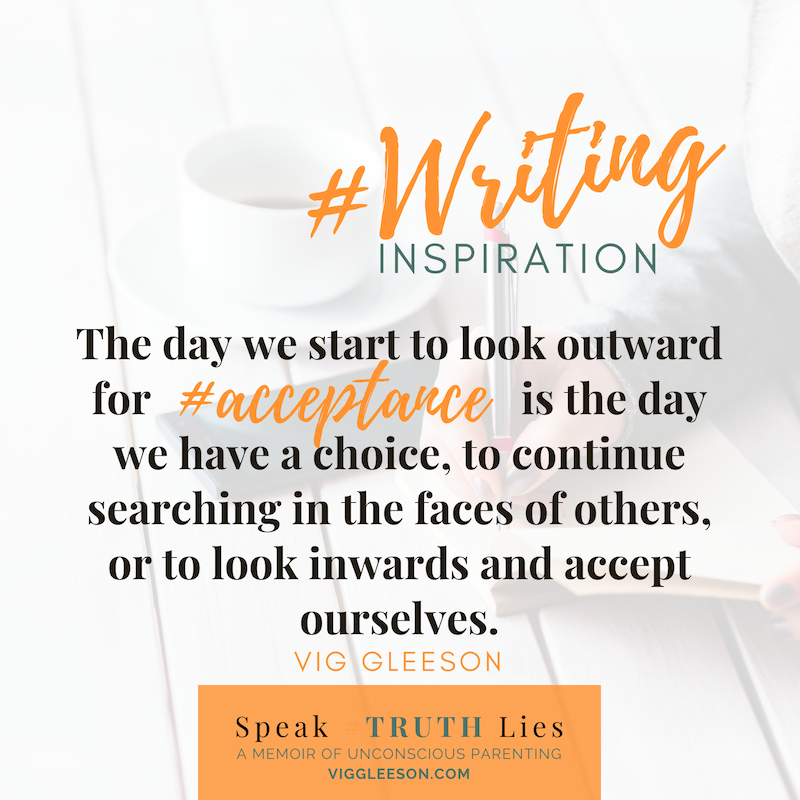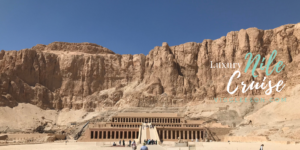I didn’t realise revising my memoir would be this hard or take this long, but now I see what I’m here to learn.
As I reread one of the though chapters I wondered, was it the abuse, or that fear we all feel when something unacceptable and wrong happens to us at an age before we have the words to describe and share our experience with anyone, that is the center of my story? I’m not taking away from the pain I felt at the time, I see that its real, nor do I dispute the fact that what happened to me was wrong on so many levels, it’s the core of what we have come to know as #metoo.
As children, we love our parents even when they fail us. As we grow into adulthood and recognise their shortcomings, even neglect, love can give way to anger, frustration and hurt over how they failed to protect and comfort us. How they scoffed at our pleads and told us to get on with it – when a comforting hug was all we needed – or when they laughed when we shared our tender teenage feelings. They did not see me for who I was and so started my journey of becoming someone I hoped they could accept. On that journey, I sailed further and further away from my true self. It’s choppy water full of pain as I failed, again and again, at getting the acceptance I craved.
The question I ask myself as I revise my memoir is; – What was their view of the world? What was their motivation for believing their behaviour was not just acceptable but RIGHT?
My childhood was extraordinary in many ways and gave me a wealth of stories. From being piloted through the Suez Canal on a massive oil tanker, to being taken on rides that should never have happened.

I loved my father, The Captain, for so many years, willing and wishing he would accept and love me too. Eventually, I had to let him go. We’d been estranged fifteen years by the time he died. His death was such a relief. I could finally breathe when I thought about him, and start to heal. It was his energy that caused my fear, I believed, until I lifted the veil and imagining what was underneath.
Underneath his anger, his grandeur, his spending, and drinking that eventually shattered our family and sent him spiraling downward, was his fear of not being loved, his fear of not being in control.
His lacking acceptance was not that of me, but of himself. So too with love. I’m sure his love for me, as a child, was on par with the same capacity he loved himself, which seems more like hatred than love, considering how angry he was at the world. His journals and papers tell stories of how he came to hate everyone who didn’t agree with him or bowed before his authority. His legacy speaks to me like a lesson in life.
The day we start to look outward for acceptance is the day we have a choice, to continue searching in the faces of others, and take the pain, the depression, the anguish that comes with our need to be significant, or to look inwards and accept ourselves.
Whenever we speak or write about our past everyone else will remember it differently, that’s why it is not so much facts and events I write about, but my experience, my emotions and feelings, and my reactions to the effect others had on me. I write about my self. The same ‘self’ I am here to accept, to love and to lift from the pain, to a place where it no longer matters what others think of me. That, to me, is the true North of a memoir. I have arrived on my journey Home.
Love and Light
Vig ❤️
I’d love to keep in touch, don’t you? Pop your details in below and every few weeks, or so, I’ll send you my musings on writing, life and #TRUTH.


